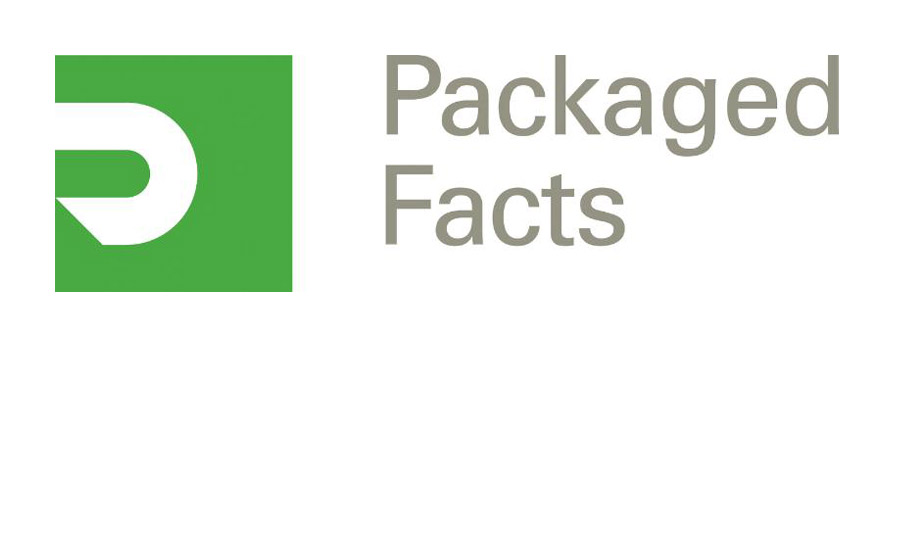Consumers are looking for plant-based alternatives across most food and beverage categories—in most cases driven by a desire for healthier sources of protein or to suit vegan, vegetarian, and flexitarian diets, reports market research firm Packaged Facts, in the recent study US Beverage Market Outlook 2019.
In the beverage industry, juices are most suited to delivering plant-based benefits. Nevertheless, water producers have been blurring boundaries between juice and water by infusing their products with fruits and vegetables.
Coconut water—characterized by Packaged Facts as a juice, not water—has been very successful, and some marketers are trying to replicate that success by tapping into trees for water. Maple and birch sap are yielding water that is being packaged and marketed by a growing number of companies. In addition to flavor, proponents are pushing the drinks as healthy with functional benefits, and as more sustainable than typical waters. For example, Drink Simple is maple water tapped from maple trees. The company says the water is "naturally alkaline and contains electrolytes, antioxidants, and prebiotics." It also claims that maple water is more hydrating than water with half the sugar of coconut water.
Similarly, Sap! calls its waters "plant-based superfood sparkling beverages" made from 100% pure maple and birch sap sourced in Vermont. The company says its "Bubbles with Benefits" contain nutrients and antioxidants that can help boost immunity, fight fatigue, and reduce inflammation. Asarasi Sparkling Tree Water is sourced from maple sap and positioned as a more sustainable choice than typical bottled water.
View additional information about U.S. Beverage Market Outlook 2019.
